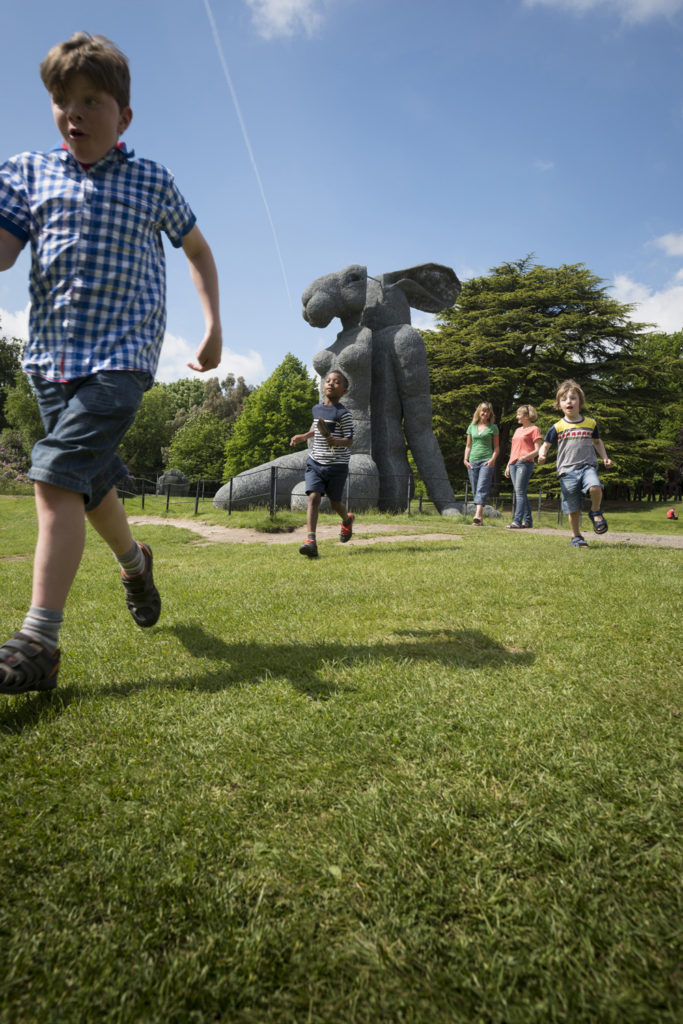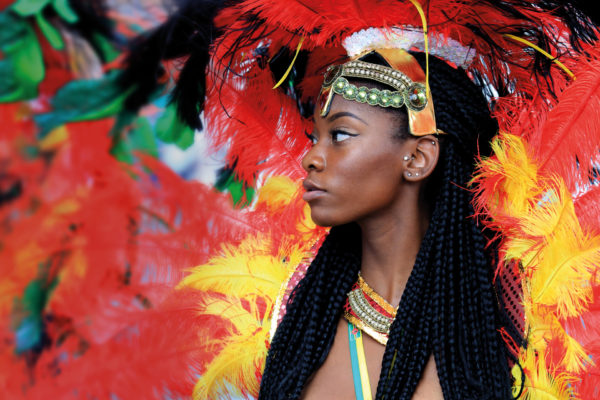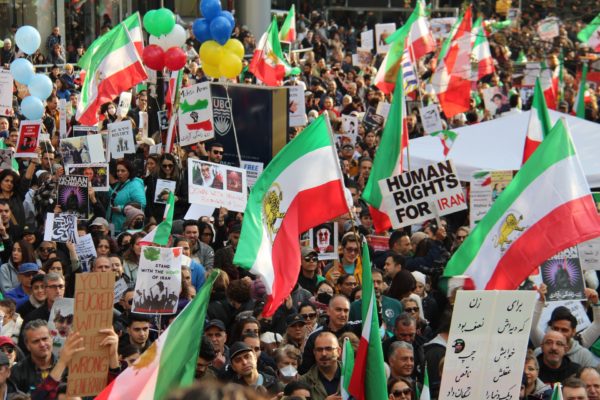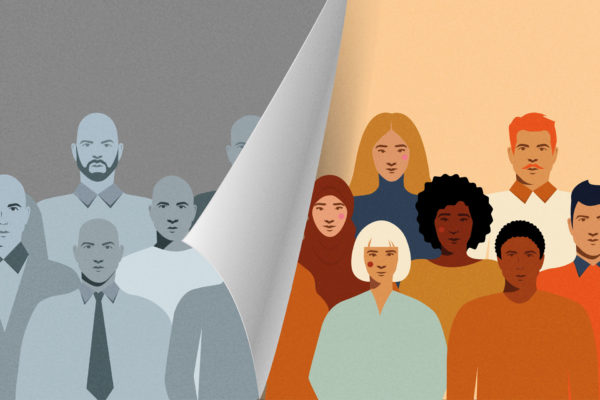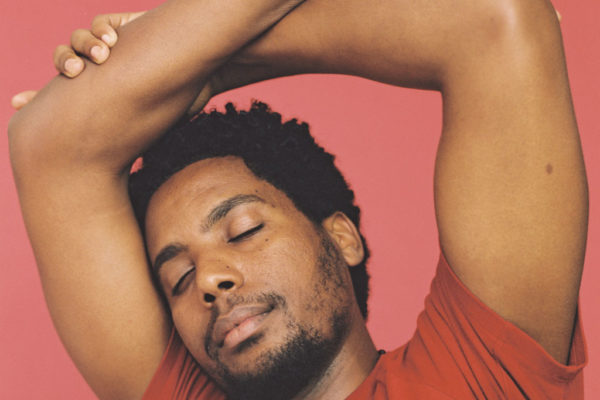Harriet Walter: ‘If You’ve Never Met Anybody Who’s A Refugee, Then You Tend To Believe What You Read In The Papers’
By
1 year ago
The Succession actor is trying to help the plight of refugees with West London Welcome
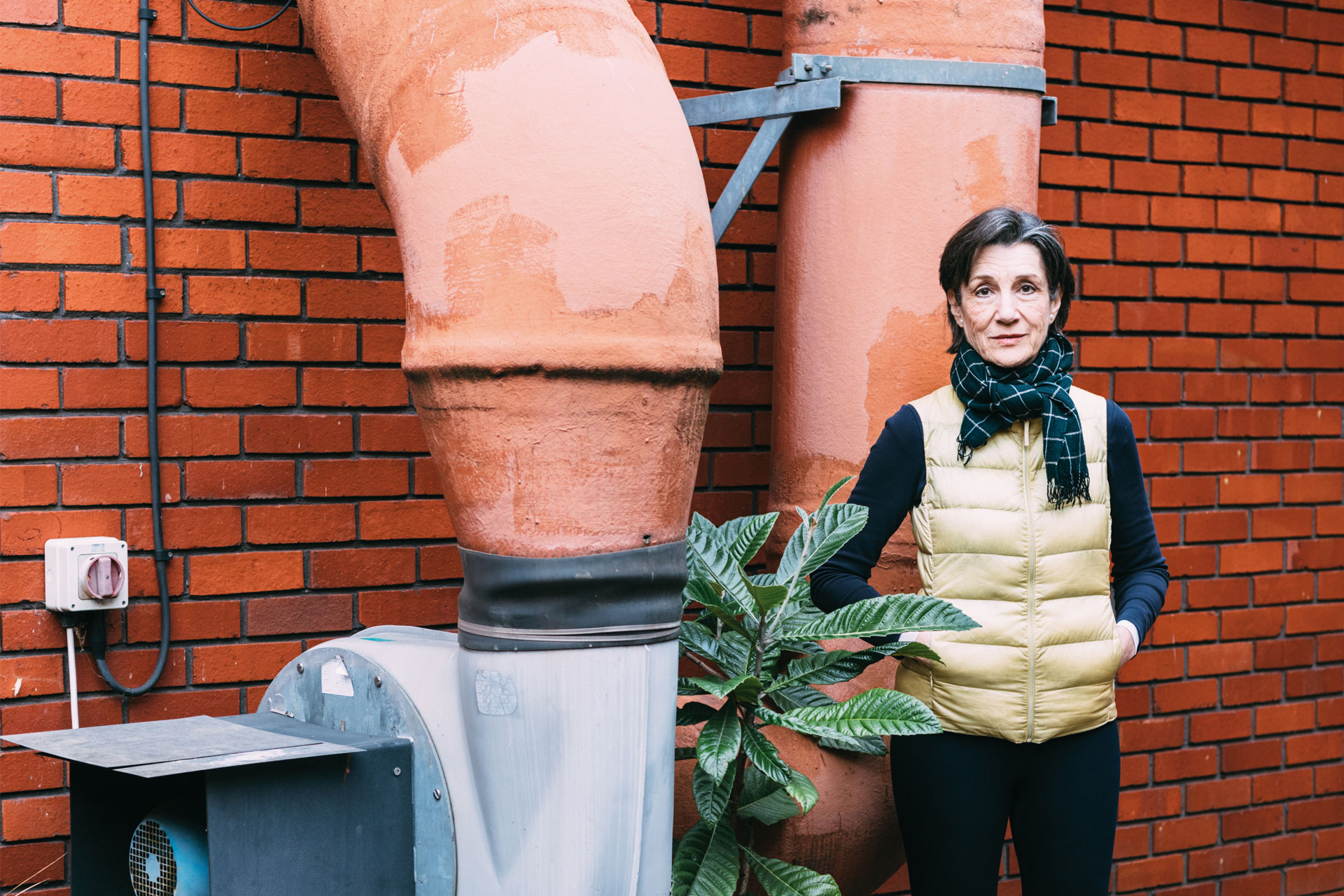
Harriet Walter is one of our most highly regarded actors, but behind the scenes she concerns herself with the plight of our refugees as patron of the charity West London Welcome. She talks to Lucy Cleland about why fear is really our greatest enemy.
Interview: Harriet Walter
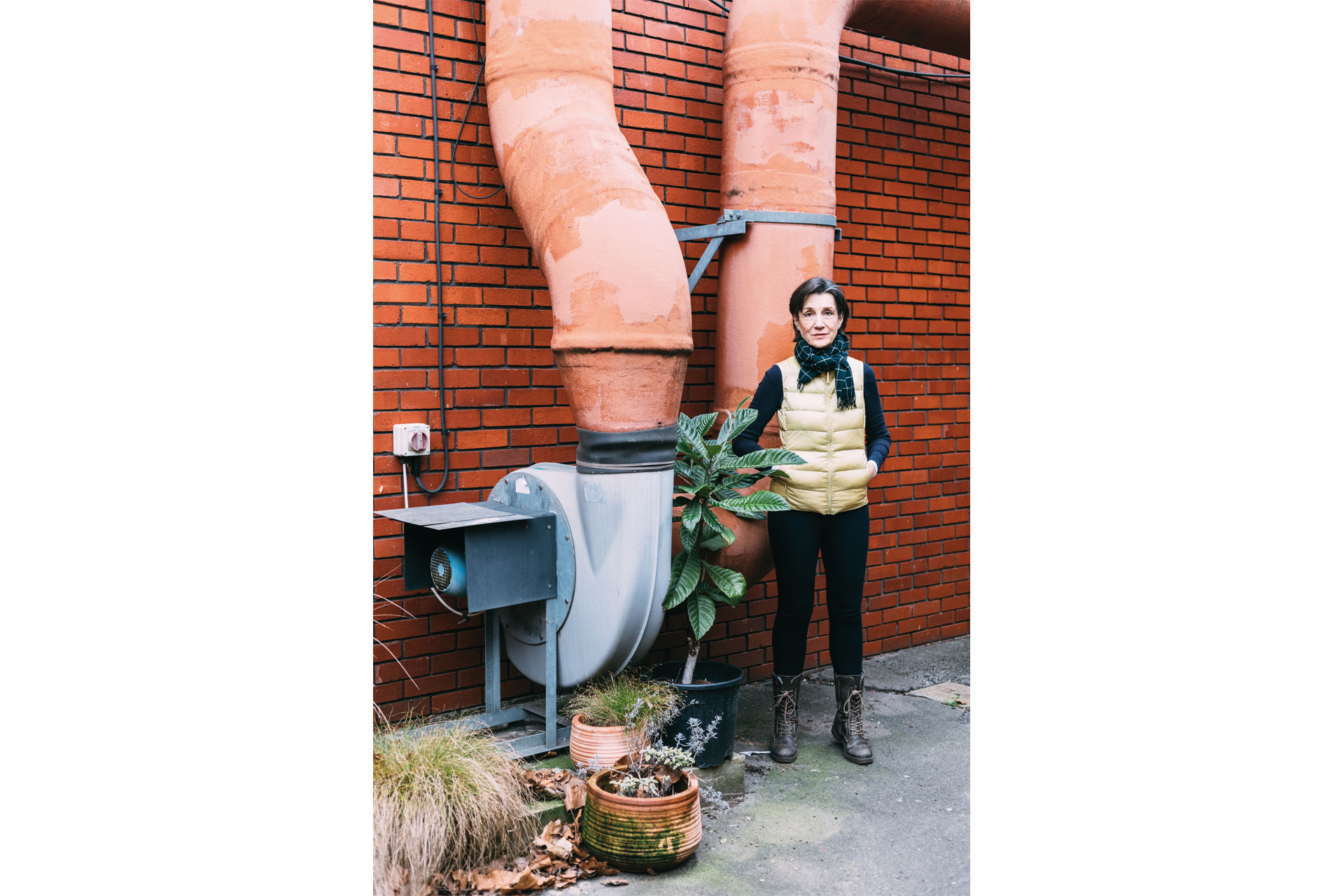
You probably last saw Harriet Walter, now in her 70s, nailing acidic matriarch as Lady Caroline Collingwood in Succession, or for theatregoers, as the titular tyrannical mother in Lorca’s oppressive The House of Bernarda Alba at the National Theatre. But, here, in a room in an unprepossessing red-brick building in west London, she plays quite a different role – that of patron of West London Welcome, a community centre run for and, critically, with refugees, asylum seekers and migrants.
Although well-heeled Kensington and affluent Chelsea are just a short SUV drive away – this area has some of the highest inequality in the country. You’ll just as likely find Harriet helping in the kitchen (the food, cooked fresh and served up daily for up to 100 people – today by Diyaa from Palestine – is exceptional), chatting at the tables with the refugees, or using her formidable skills to shine a light on the charity through fundraising and ambassadorial work. The then Prince Charles was a visitor to the centre in 2022.
Given there’s barely a day when asylum seekers and migrants aren’t part of the political discourse, engorging column inches and radio waves, and dividing the populace, chatting to Harriet about her involvement with the charity, her thoughts on immigration and listening to those who have made it to UK shores (some via the most unimaginable means) puts a very human story behind one of the most important issues of our times – and one, thanks to the escalation in global conflict and the effects of the climate crisis, is only going to get worse.
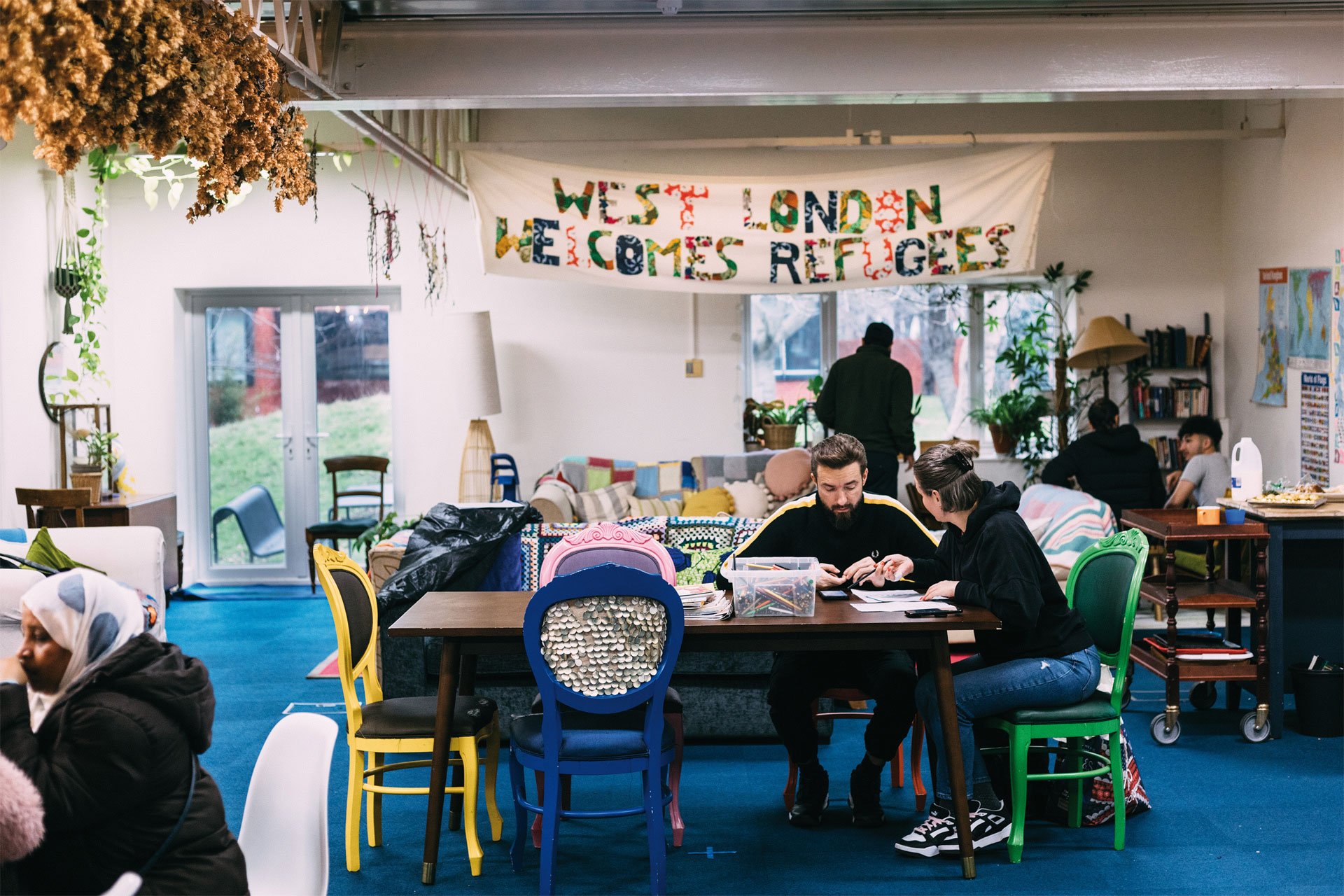
© Alexandra Dao
But first a little about West London Welcome. Founded in 2018 by Joanne MacInnes – a former actor herself, who had previously been a volunteer at the Calais Jungle – the centre started by opening just one day a week and seeing about 40 people, referred by local councils, GPs, schools and word of mouth. Now, up to 250 come through the doors on the four days it’s open each week, speaking more than 40 languages, from 54 countries.
While many refugee charities offer one form of assistance, West London Welcome is rare in the fact that it offers wraparound holistic support – except mental health counselling and employment aid. However, Joanne points out that just being welcomed into the warm, colourful centre is a form of wellbeing in itself. On offer, vitally, is casework support (imagine negotiating your housing, health and education needs and asylum application if you neither speak the language nor know the law), English tuition, a healthy, vegetable-packed home-cooked lunch, exercise classes, stay-and-play for mothers and children, gardening, cooking – and moreover, a place that is safe, a word that cannot be underestimated. Joanne says living as a refugee or asylum seeker in the UK is not the end of their painful journey, but the beginning of another one.
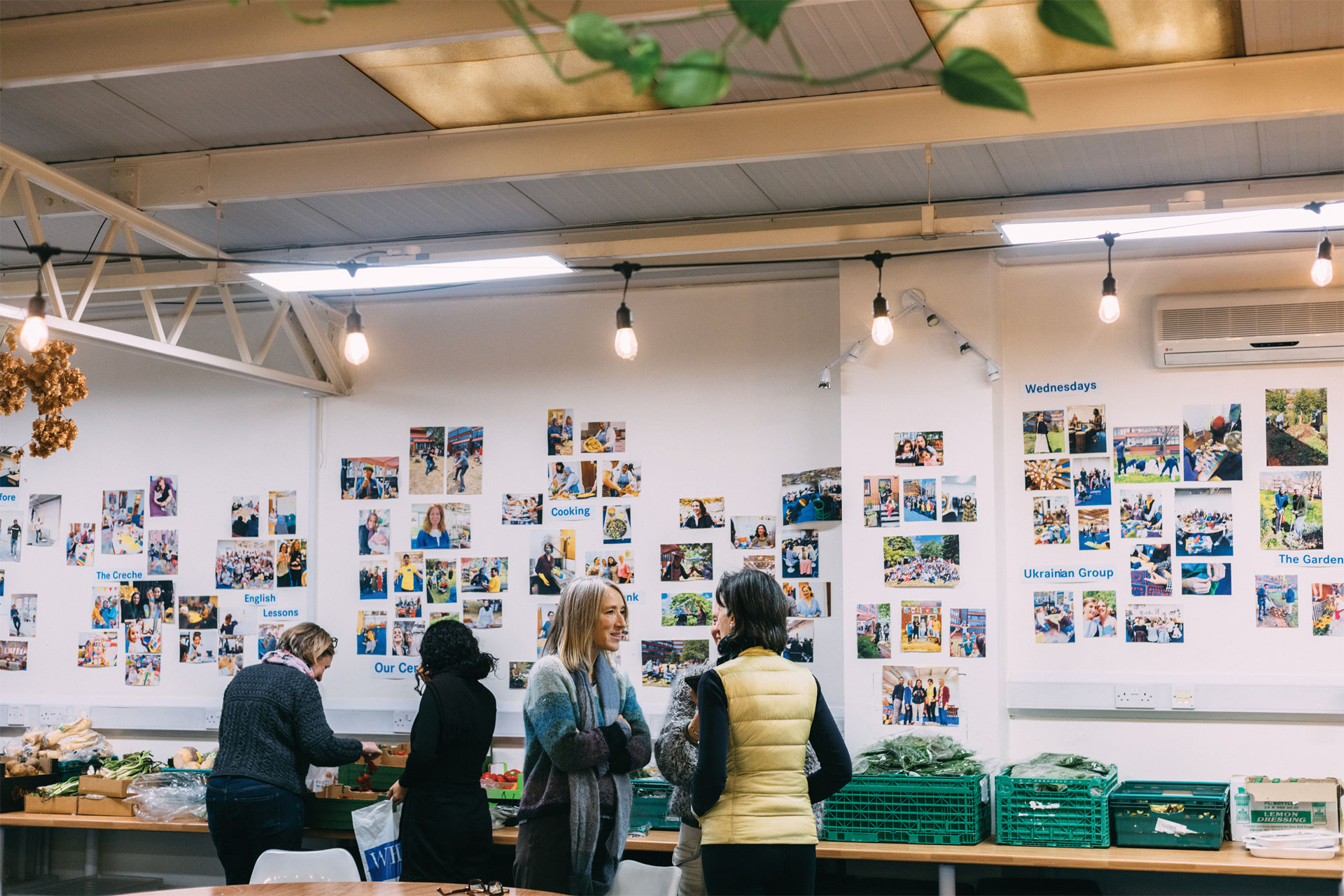
Joanna MacInnes & Harriet Walter. © Alexandra Dao
The biggest challenge facing the centre is homelessness – something that is also dominating headlines. According to Joanne, since the Home Office rushed through ‘all those asylum decisions last autumn’ in a bid to get people off waiting lists and to be able to ‘tell the Daily Mail that they’re bringing down the hotel bills’, this has placed huge pressure on accommodation. Since housing was already at breaking point, this means there’s often nowhere for refugees to live. Once they’re are granted asylum, they have 28 days to leave their provided accommodation (usually, a temporary hotel room, where they are paid £8.86 a week) and find housing. ‘And, because asylum seekers aren’t allowed to work, they’ve got no credit or employment history, so they’ve got to go on benefits, which takes six weeks… and even then, what landlord is going to take them on?’ says Joanne with a shrug. West London Welcome’s assurance is that none of those under its care will go homeless. Through their close working with councils to get people into temporary accommodation, hard-fought-for network of landlords and private individuals who are willing to house refugees in spare room, it’s never let someone wittingly sleep out in the cold. However, Joanne points to a board on the wall, saying, ‘That board there represents everyone who we’re trying to find housing for.’ I see 33 names. It seems a formidable task (although since autumn they have found housing for 55 singles and families housing).
Meanwhile, Harriet has been concerned with the refugee plight for over 40 years ever since she attended a meeting held by the Refugee Council in south London. ‘It made me aware of how biased the reporting [about refugees] was in the papers and how inflammatory words could spark public opinion. Of course, everybody would rather live in their own country with their own family, their own history and their own culture. That’s what we want as human beings. But on the whole, in our immediate environment here [in the UK], we don’t experience the kind of threat that makes us need to leave. It makes people quite unsympathetic and if you’ve never met anybody who’s a refugee, then you tend to believe what you read in the papers.’
Joanne and the other staff members, like deputy director Leyla Williams, are vehement in laying the blame for recent turning against refugees, at David Blunkett’s door and his hardline immigration policies which began in the early 2000s. These were then doubled down on by Theresa May as Home Secretary in 2012, when she introduced the Hostile Environment Policy, saying that: ‘The aim is to create, here in Britain, a really hostile environment for illegal immigrants’.
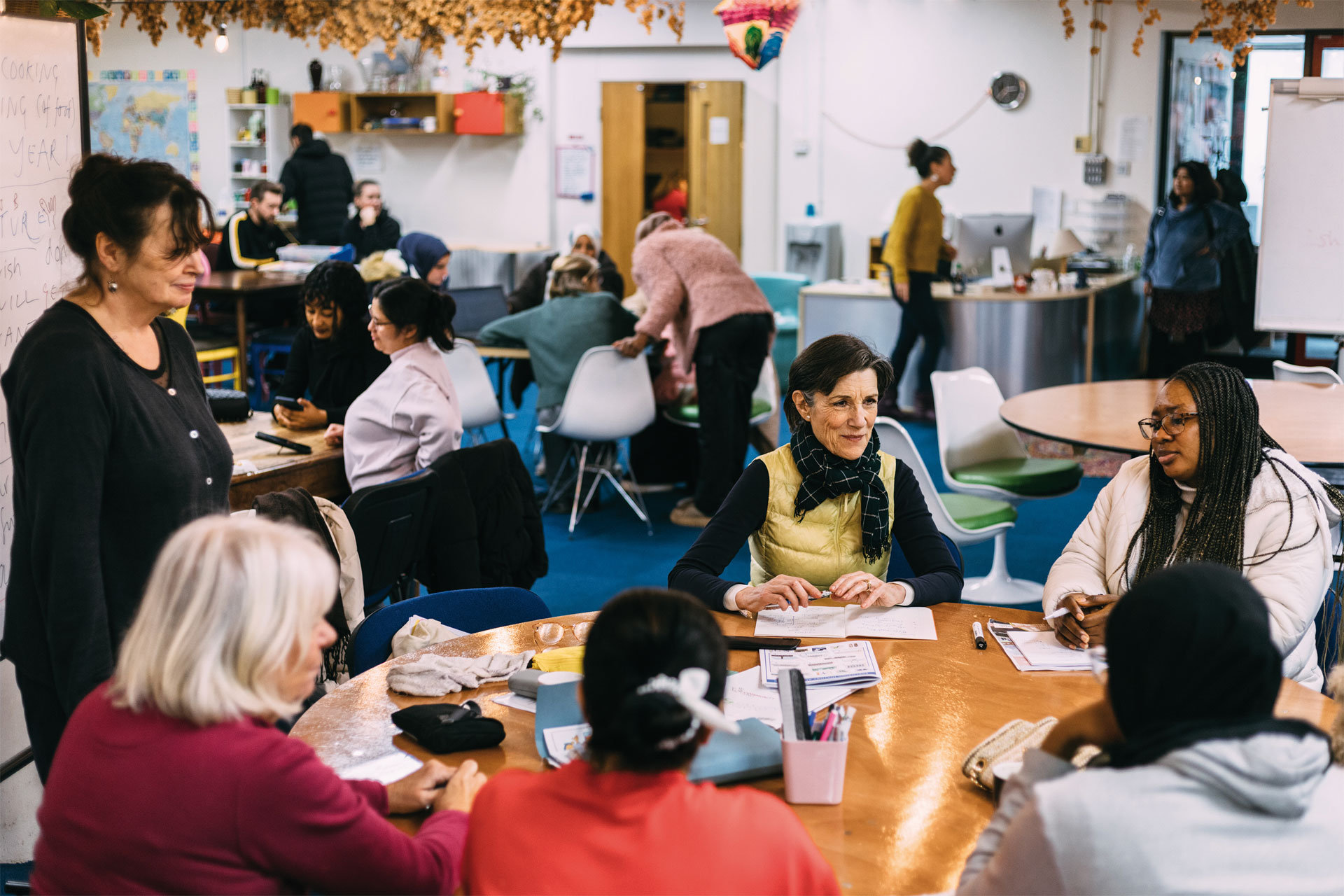
© Alexandra Dao
‘Anything that dehumanises a group of people, is dangerous, negative and cruel,’ says Harriet, whose other main concern is the state of our prison system. ‘That again is about dehumanising people in order to push them about and control them and create negative pictures about them. The common-sense bit of me thinks this all just comes back to shoot the perpetrator in the foot. If you’ve got angry people, if you’ve got insecure people, if you’ve got poor people, it is a general fact that if a society is very unequal it creates social problems that negatively impact everyone – rich and poor. We all live on the same planet, we breathe the same air. It lazily categorises people to the point where we no longer think it’s important to know the truth, and that’s dangerous.’
Photography © Alexandra Dao.



